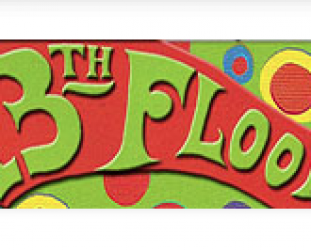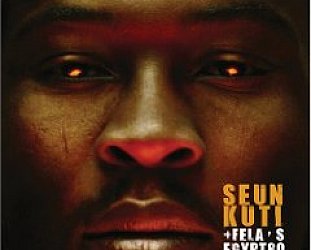Graham Reid | | 1 min read

When the recording of Blue Smoke by the Ruru Karaitiana Quintette was released in February 1949, the Second World War had only been over for around three and half years.
The memories of loved ones who never returned were still fresh and painful, and in many homes -- even for decades after -- their photos were on lounge walls or the top of the sideboard. Or lining the walls of marae buildings.
The yearning and melancholy lyrics of the song -- which former Maori Battalion soldier Karaitiana had been working at off and on whle overseas and when he returned home -- captured the mood of the country and the thoughts of a young man sailing off to the unknown: "When I think of home I sadly sigh, I can see you there with loving tears in your eyes as we fondly said our last goodbyes . . . and as I sail away, with a longing to stay . . . "
As sung by 19-year old Pixie Williams they had a gently sentimental and empathetic feeling.
The musical setting of lap steel guitar played by Jimmy Carter lent a Pacific, almost romantic and wistful quality to the song.
Little wonder then it was so successful, selling over 10,000 copies according to some sources. It put into music and lyrics a deep feeling which pervaded the country in those post-war years. You can see a clip of the original song here.
Over the decades there have been many versions of the song but this year, in the lead-up to the 100th anniversary of the Gallipoli debacle, Neil Finn has recorded a very distinctive version and that same man who played lap steel guitar on the original -- Jim Carter, now 96 -- appears on the recording.
What Finn brings to his version is weary, reflective quality that the distance from both wars allows. It is suitably understated, as is Carter's playing and that leavens out the more romantic quality of the original.
And you can hear more about it in the clip below.
It is a different version of the same beautiful song and is available at iTunes and money from purchases goes to support the RSA.
You could do a lot worse than buy it, listen to it carefully . . . and take pause to reflect.
(For more on this song see Chris Bourke's excellent book Blue Smoke; The Lost Dawn of New Zealand Popular Music 1918-1964)






post a comment